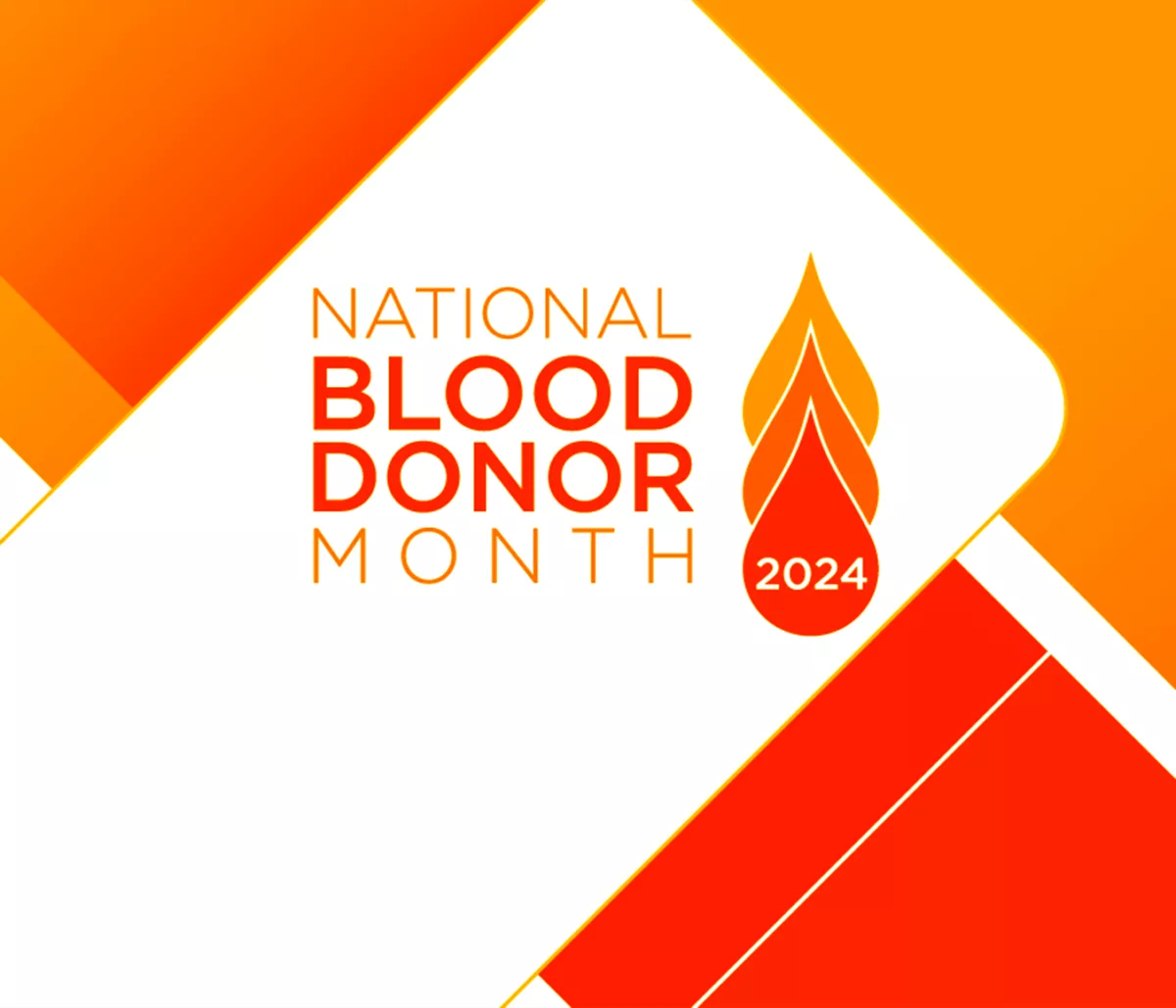Blogs
Suicide Prevention: Special Considerations for Older Adults
September 08, 2023World Suicide Prevention Day – September 10th – is a day where people from around the world come together to raise awareness about the issue of suicide and the fact that it is preventable.
Suicide is a major public health problem responsible for a large number of deaths worldwide. According to the World Health Organization (WHO), close to 800,000 people die by suicide every year, and for every person who dies by suicide, there are many more who attempt it.
While suicide is a problem that affects people of all ages, older adults are at a higher risk for suicide than any other age group. According to Mental Health America, adults aged 65 and older account for nearly 20 percent of all suicides in the United States. Moreover, older adults are more likely to have a chronic illness or disability, which can increase their likelihood of experiencing suicidality or suicidal thoughts.
The signs of suicidality can vary from person to person, but some common signs include:
- Feelings of hopelessness, helplessness, and worthlessness.
- Withdrawing from social activities and relationships.
- Giving away prized possessions or making preparations.
- Increasing alcohol or drug use.
- Expressing suicidal thoughts, even in a casual manner.
If you suspect someone is experiencing suicidal thoughts, it is crucial to take immediate action by contacting a healthcare provider, therapist, or crisis helpline. You can also encourage them to seek support from a mental health professional.
Managing a life-limiting diagnosis can also increase the risk for suicidality. Receiving such a diagnosis can be overwhelming and lead to feelings of hopelessness and despair. However, it is important for people with life-limiting diagnoses to seek out support and resources to manage their condition.
Here are some tips for managing life-limiting diagnoses:
- Find support – Join a support group, reach out to friends and family, and talk about your feelings and experiences.
- Stay active – Take steps to maintain your physical and mental health. Exercise, eat a balanced diet, and get plenty of rest.
- Find meaning – Connect with others through volunteering, prayer, meditation, or other meaningful activities.
- Explore your care options – Seek out support from your healthcare team, explore palliative care options, and ask about supportive services such as home health care, meal delivery, and transportation.
With the right resources and support, suicide doesn't need to claim so many lives. In fact, suicides are largely preventable. As an organization that cares for many older people, including those with life-limiting illnesses, we at True Care are dedicated to coming together to support those who are struggling with suicidal thoughts and ideation. This World Suicide Prevention Day, check in on the older people in your life.
There is still a lot of stigma surrounding topics related to mental health, especially among older generations. If you notice any of the above warning signs in your older loved one, it's important that you speak up and check in with them. Your caring concern could be the difference between life and death for someone you care about. Suicide is a difficult and oftentimes painful topic to discuss. Still, by having these conversations early and often, we can prevent needless deaths, together.
Leave a Comment

Breaking Barriers in Healthcare: The Inspiring Stories of Black American Trailblazers during Black History Month
During Black History Month, it is important to recognize and celebrate the incredible achievements and contributions of Black Americans in various fields. In the healthcare industry, Black Americans have played a crucial role in breaking barriers and paving the way for future generations. True Care Home Care is honored to highlight the inspiring stories of […]

10 Heart Healthy Tips
February is Heart Health Month, a time dedicated to raising awareness about cardiovascular health and promoting healthy habits. Taking care of your heart is essential for overall well-being and longevity. Whether you’re young or old, it’s never too early or too late to start prioritizing heart health. In this article, we will provide you with […]

The Top 10 Most Common Winter Ailments: What You Need to Know
The Top 10 Most Common Winter Ailments: What You Need to Know During the winter months, many people experience a variety of ailments that are specific to the season. These ailments can range from common colds and flu to more serious conditions like pneumonia and bronchitis. At True Care, your priority is your health so […]

Essential Tips for Keeping the Elderly Healthy and Happy in Winter
10 Essential Tips for Keeping the Elderly Healthy and Happy in Winter As the winter season approaches, it is important to ensure the health and happiness of our elderly loved ones. The colder temperatures and harsh weather conditions can pose significant challenges to their wellbeing. That is why True Care Home Care has compiled a […]

Saving Lives One Drop at a Time: Celebrating National Blood Donor Month
Saving Lives One Drop at a Time: Celebrating National Blood Donor Month Every January, National Blood Donor Month is celebrated in the United States to raise awareness about the importance of blood donation. This month-long campaign aims to honor the individuals who make a difference by donating blood and saving lives. By shedding light on […]
